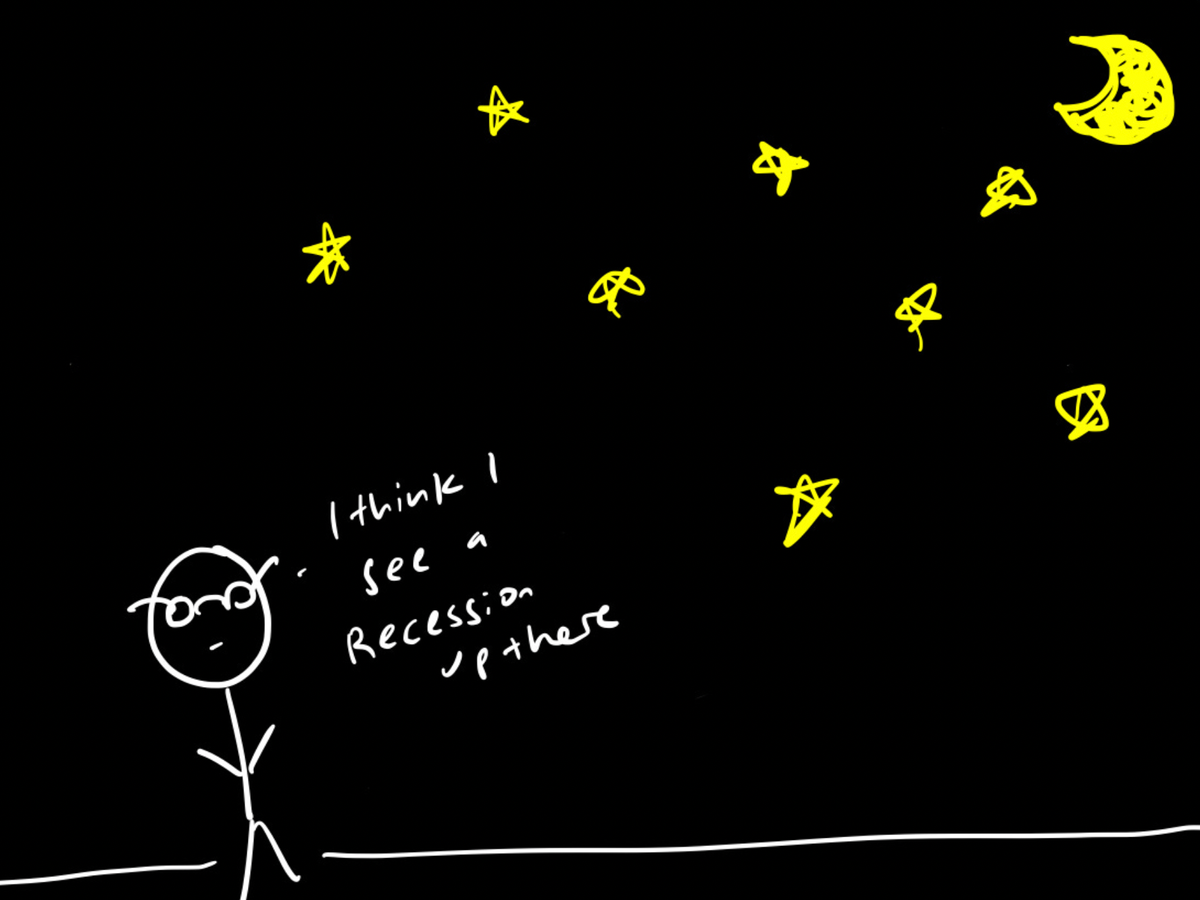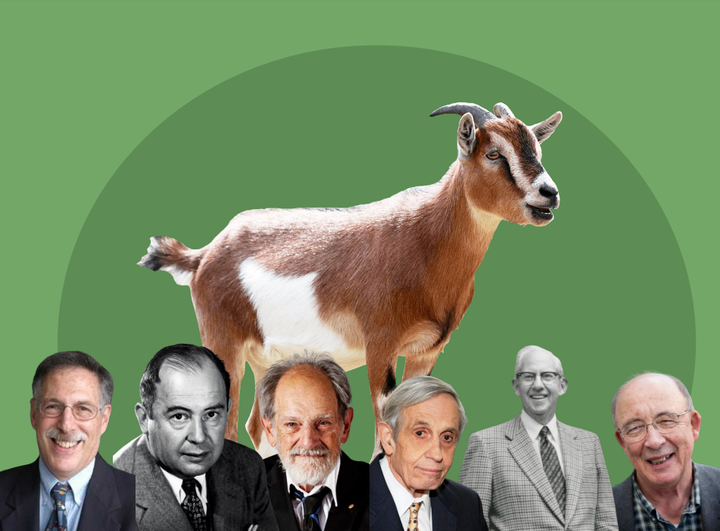The "Vibecession" - The Gap Between Consumer Sentiment and Economic Realities
What does 'vibecession' even mean? Does this new Gen Z term capture the disconnect between consumer sentiment and economic realities in 2024? And how has this phenomenon occurred?

By: Julian Olsen-Pendergast
I first encountered the term "vibecession" through the some amazing articles and veidos of the economist and writer Kyla Scanlon (@kylascan on Instagram). Scanlon's exploration of consumer sentiment during the summer of 2022 and her subsequent article on the phenomenon shed light on an intriguing concept.
Kyla Scanlon introduced the term "vibecession" to describe a period of low consumer sentiment. Despite the absence of an actual economic recession, people experienced a sense of unease and dissatisfaction. Consumer sentiment, Scanlon argued, plays a crucial role in influencing economic activities, making the ability to understand the "vibes" of ordianry consumer a vital skill. So why is this "vibecession" believed to be happening by consumers.
In the age of information overload, misinformation often dominates due to a media literacy crisis. Sensationalized headlines and incomplete analyses distort our understanding of economic realities. A Morning Consult poll showed that many prefer lower prices over increased income, even if it means a potential recession, reflecting a desire for immediate relief without a full grasp of economic intricacies.
According to John Burn-Murdoch of the Financial Times, consumer sentiment across developed countries is:
"Americans are consistently wrong in the negative direction on almost every measure we polled. By huge margins, they believe inflation is still rising (it’s falling), that it has outstripped wage growth (wages have outpaced prices), and that they have become less wealthy (they’ve become much wealthier)"
The desire for cheaper goods can overshadow broader economic implications, as seen in the confusion between inflation and deflation. Fear of deflation justifies the preference for lower prices, despite potential negative consequences on wages and employment. This section aims to unravel economic thinking contributing to this complex phenomenon.
Surveys on economic worries show a pervasive sense of desperation, despite objective economic improvements. The gap between perception and reality, attributed to "expressive responding," highlights the psychological toll of media-driven narratives and the human tendency to align with a perceived ingroup. This section explores emotional and psychological factors contributing to the prevailing sense of sadness and disillusionment.
Economic shifts, especially in labor valuation, contribute to collective dissatisfaction. Rising wages at the bottom cause resentment among those used to cheaper labor, leading to dissatisfaction with the economic landscape. The "vibesession" discourse often revolves around symbolic issues like the cost of French fries, revealing concerns about economic accessibility and class divides. This section analyzes the symbolic and tangible aspects of public discontent.
The absence of influential figures articulating a compelling vision for the future worsens the crisis. While innovations and excitement exist, they lack the inspirational quality needed to motivate those facing immediate economic challenges. The dearth of relatable leadership on a local level contributes to a sense of muddling through, perpetuating the "bad vibes economy." This section emphasizes the critical role of leadership in shaping economic narratives and fostering resilience.
The discourse on the vibecession often focuses on perceptions rather than underlying material conditions. Real issues like stagnant economic opportunities and unaffordable housing persist. The affordability crisis, present even in times of low inflation, underscores the need to address structural challenges. This section examines the material realities underlying the collective experience of the vibecession, offering a comprehensive view of the economic landscape.
In conclusion, people are complex, and economics often overlooks that. When we talk about "vibes," it's more than feeling down; it involves biology, psychology, social media, and mental health. Vibes need a deeper look, understanding the mix of biology, psychology, and society shaping people's feelings. By doing this, we can better understand the reasons behind our collective emotions. And in the spirit of a new generation's approach to economics, I will end with a quote:
"Does the existence of a vibecession imply the existence of a vibecovery?"


